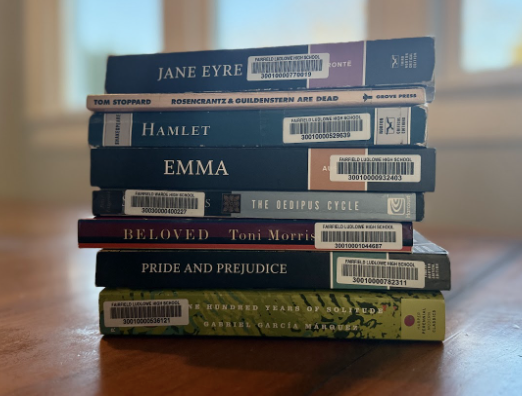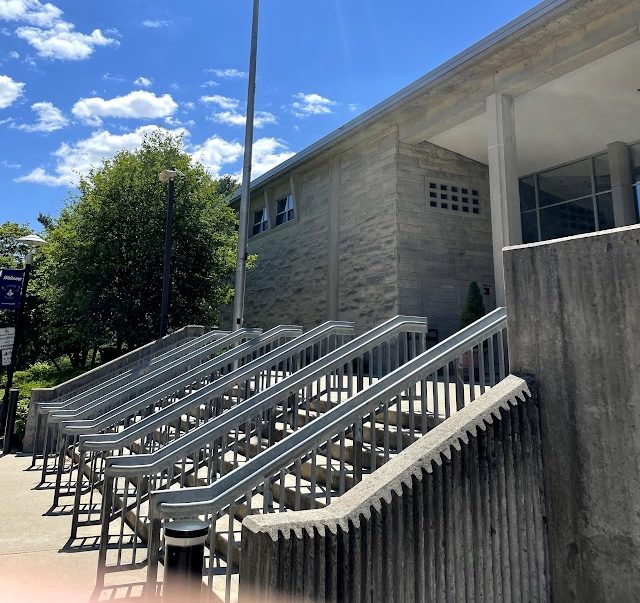During AP testing this year students faced a new challenge while already taking a rigorous exam. Undoubtedly, in this new world of technology, College Board is now modifying its way of testing by introducing all-digital or hybrid exams. While some can acknowledge the efficiency of this method for grading, many students struggled with the online version and had to modify their testing strategies.
When it comes to the multiple-choice section of an exam, many students benefit from hard copies as they find it easier to physically underline and highlight information. Many students also find themselves writing timelines, the relevance of the narrator, their analysis of an option, and more which helps them truly decide the best option.
This is not to say there were no benefits, for multi-step questions, the document or passage would continue to be attached, which on the hard copy, that convenience is not an option. This allowed for many students to save time and quickly compare and contrast the information.
As someone who took both a hybrid and two fully digital exams, I would generally say the experience my peers and I had were just okay. However, most of us agreed we would have preferred writing on the multiple choice packet and then submitted the answers virtually. Especially with STEM AP classes, physically writing on the paper could have helped with efficiency and understanding. For classes such as Chemistry,having only a virtual reference sheet was difficult and inconvenient. While College Board did offer the equation sheets for those taking STEM exams the second week, and those who did not have this opportunity to make it up, if College board had communicated this original plan with high school teachers and students, this situation could have been prevented.
When it came to the writing sections of these exams, whether they be humanities or STEM based. When it came to writing short answers and long essay answers, typing was much more efficient and many found it beneficial for their time management. On the other hand, many students found it frustrating that the documents could not be physically annotated or broken apart. For the document based questions (DBQ), many students find it beneficial to have the documents in front of them so they can physically compare them rather than click back and forth. For hybrid STEM exams, many students argued that none of the FRQ sections should have been virtual. Rather than just having an answer booklet, many students would have preferred their questions as physical copies are easier to mark up.
While ultimately these are not alarming issues, there have still been instances that could have been avoided. Many students who took the AP Psychology exam experienced the Bluebook outage, causing them to take the exam the next week. Although College Board is continuing to keep up with the times, is it truly benefiting students in the bigger picture? In general, almost every student found a portion of the exam difficult to manage, not because of it being a difficult exam, but due to the new online experience.








![[Charlie Kirk] by [Gage Skidmore] is licensed under [CC BY-SA 2.0].](https://flhsprospect.com/wp-content/uploads/2025/09/charlie-kirk-article-1200x800.jpg)










![[Shark Fin Soup] by [Harmon] is licensed under [CC BY-ND 2.0]](https://flhsprospect.com/wp-content/uploads/2025/04/Screenshot-2025-04-24-8.24.37-AM.png)
